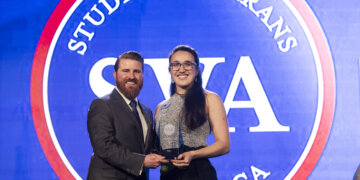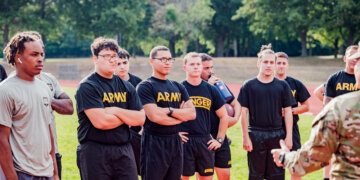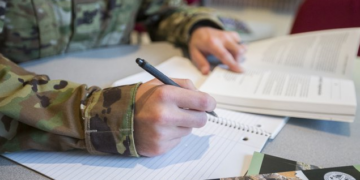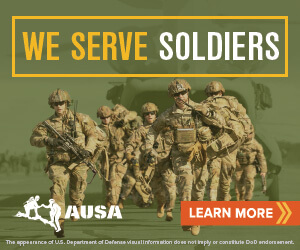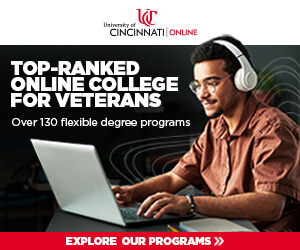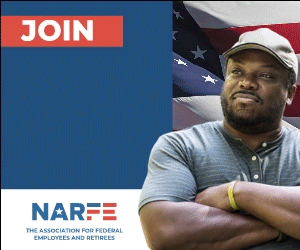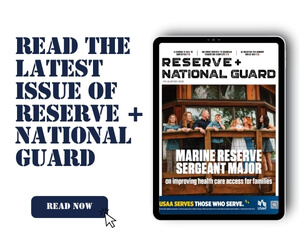There’s no such thing as a traditional veteran student. Every vet that steps into a classroom in the real world or online is a nontraditional student with nontraditional needs. Student vets are more likely to be older, have families, be homeowners, and work throughout their education than your stereotypical college student. Then you consider the veteran experience and all it entails, and it can feel like juggling chainsaws trying to get the kids to bed, do your homework, make your VA appointments and pay the bills.
To cut through that, here are four solid tips from an Army veteran who dropped out of community college and ended up going to Harvard after the military. I know what it’s like to be the only veteran in the classroom, I know what it’s like to struggle with mental health, and I know what it’s like to be in your shoes.
Don’t overstress about grades.
In the military, mistakes can cost lives and veterans tend to be overly hard on ourselves. We want to shoot perfect; we want to ace our military schools and strive to be in the best shape we can for our PT test. This leads to grade anxiety with student vets. Getting to the graduation stage is what counts. Emphasize learning, growing, and your health over your GPA.
Learn to say NO.
You’re going to have to set boundaries. Distractions are everywhere and most of the time scrolling Instagram or going to the bar seems more appealing than writing a paper. You have to set your semester schedule like a military training calendar. Pencil in your study times, social times, workout times, VA appointments, and schedule some time for yourself as well. Like a military deployment or training exercise, you have to plan for midterms, finals, and projects.
Have a good time
It’s college, not a battlefield. You fought for freedom, enjoy it. Join your Student Veterans of America chapter, look into other clubs and organizations, and work on yourself. A formal education is a great thing, but college is an opportunity to discover yourself, your passions, and your purpose. For veterans, it’s often an opportunity to rediscover yourself after the military. Celebrate your progress, make civilian friends, and pursue self-growth alongside your formal education.
Network
We’re often behind the curve when it comes to networking. We’ve been cut off from the real world during our military adventures and for us, networking feels like an awkward task. As veterans, we prioritize competency and effectiveness, the “what” of what we know. In the civilian world, sometimes “who you know” matters more. Make good first impressions, don’t dress like a bum, and seek meaningful connections around your campus in and out of classrooms.
We’re still in this thing together and that’s why when I work with student veterans I stress two important concepts. The first is reach up and reach down — this means every student veteran should have a mentor and be a mentor. This aligns with your military mentality and will help you professionally and personally. The second is don’t be afraid to look stupid, if you served then you probably screwed some things up from time to time. Ask questions, you’re there to learn and nobody expects you to know everything.
By John H Davis, Army veteran
Read comments





















